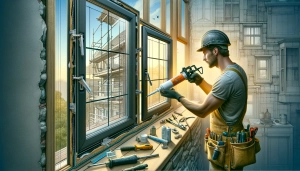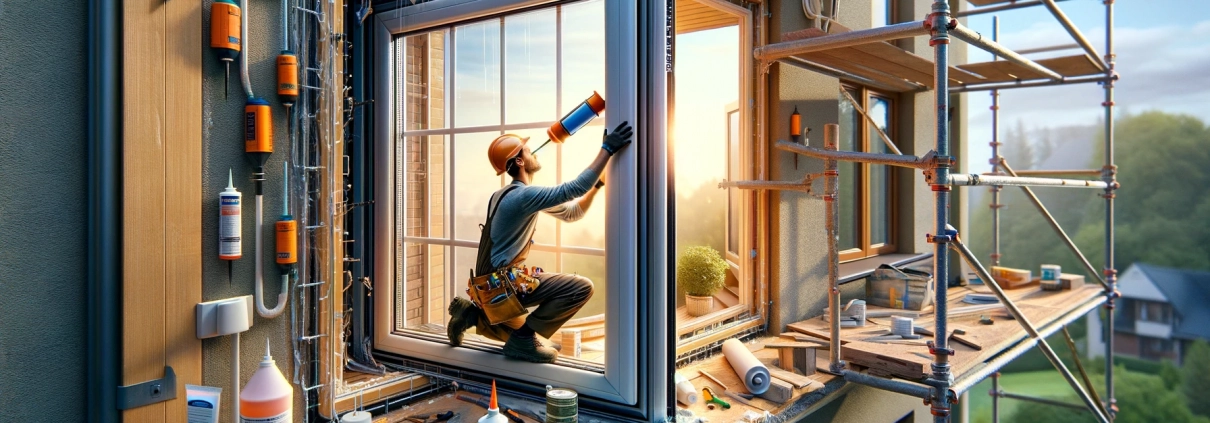Window Replacement Guide
Mastering Window Replacement: A Comprehensive Guide for Homeowners
Table of Contents
Not only can replacing your windows improve your home’s appearance, but they may also increase comfort and energy efficiency. With the help of this in-depth guide, you will be able to replace your windows with confidence, knowing that you are making decisions that will increase the value of your house.

Recognising the Replacement Need
It’s critical to comprehend your window replacement needs before starting any window replacement work. Increasing energy efficiency, lowering noise pollution, taking care of wear and tear, or just giving your house a facelift are typical motivations. Your selections for features, materials, and styles will be influenced by your core motivation, which you should choose.
Selecting the Proper Windows
Material Matters
There are several types of window frames, and each has advantages and disadvantages. Wood windows have a traditional appearance but need more care, whereas vinyl windows are less expensive and require less maintenance. Other alternatives include aluminium and fibreglass, which provide modern looks and durability.
Glass Options
An important consideration for energy efficiency is the kind of glass. Excellent insulation is provided by double- or triple-pane windows that are filled with inert gases such as argon. Seek out coatings with low-E (low emissivity), which let light in but reflect heat.
Choose Your Style
The window’s design should go well with the architectural features of your house. Double-hung, casement, sliding, bay, and bow windows are among the popular designs. Every style has its own use and visual appeal.
Assessing for Substitution
An effective window replacement requires precise measuring. To account for any abnormalities, measurements should be taken from within your home, taking numerous measurements of the height and breadth. To assure accuracy, hiring an expert is usually advised.
Installation Points to Remember
Professional installation guarantees that the windows are properly installed, sealed, and insulated; however, some homeowners may choose to undertake their own installation. This may have an impact on how well and how long the windows last. Make sure there is easy access and clear the area around the windows the day before installation. It’s also a good idea to take care of any further problems, such as window frame repairs. The installation procedure involves the removal of the old windows, preparation of the opening, and installation of the new windows by skilled installers who make sure they are level, sealed, and well insulated.
Continuity and Attention
Regular maintenance after installation is crucial to extending the lifespan of your windows. This includes making sure the frames are in excellent shape, cleaning the glass, and inspecting the seals. Wood frames can need to be painted or stained on a regular basis.
Cost and Budgetary Considerations
The cost of replacing windows varies greatly depending on the materials, styles, and difficulty of installation. When selecting your choice, it’s critical to establish a reasonable budget and take the long-term energy savings into account. Replacing your windows is a big financial commitment for your house. Understanding your needs, selecting the appropriate materials and designs, making sure the installation is done correctly, and maintaining your new windows will help you increase the overall value, energy efficiency, and aesthetic appeal of your house. Recall that this renovation enhances your home’s marketability and long-term sustainability in addition to your immediate comfort.





